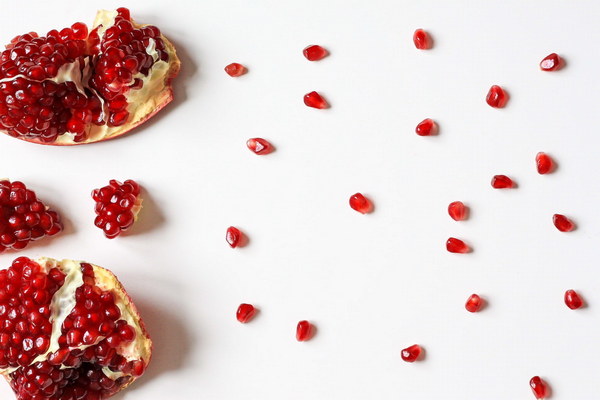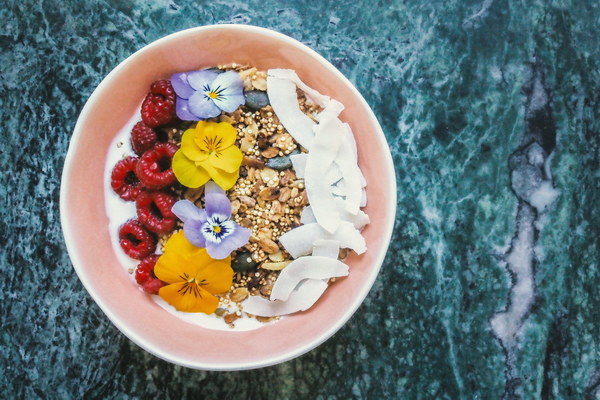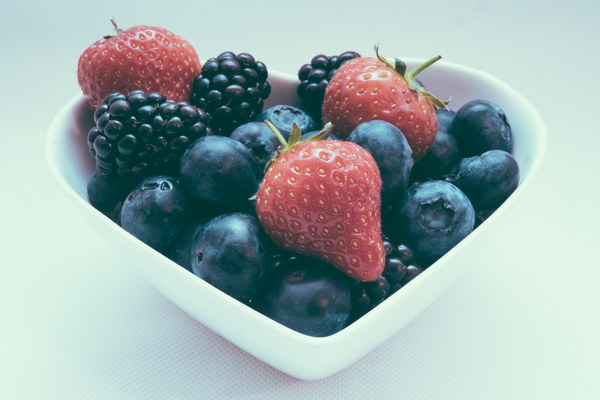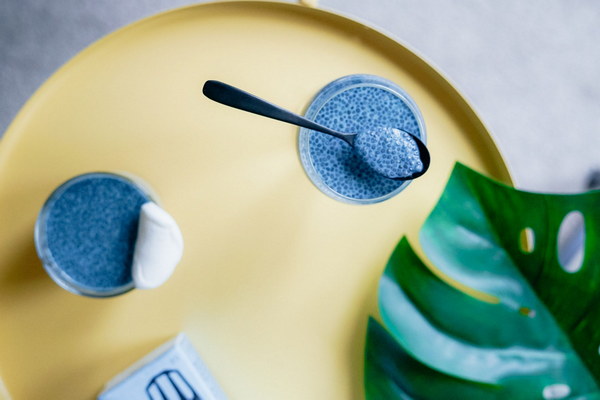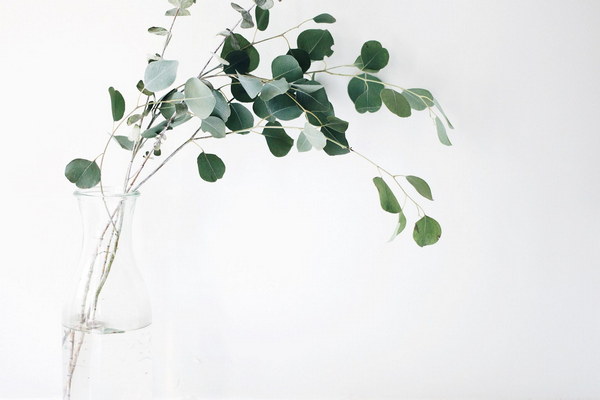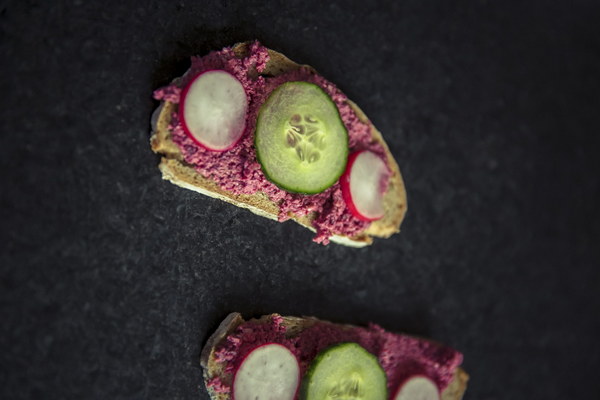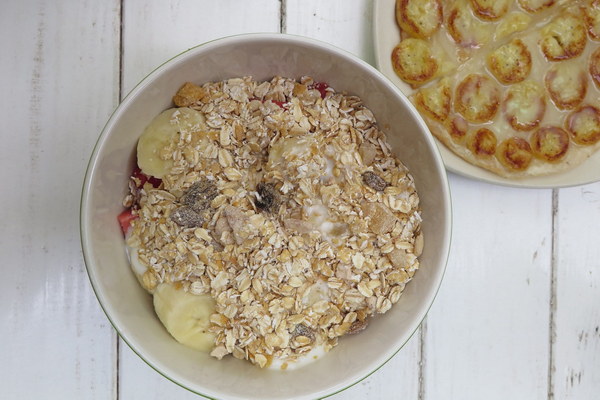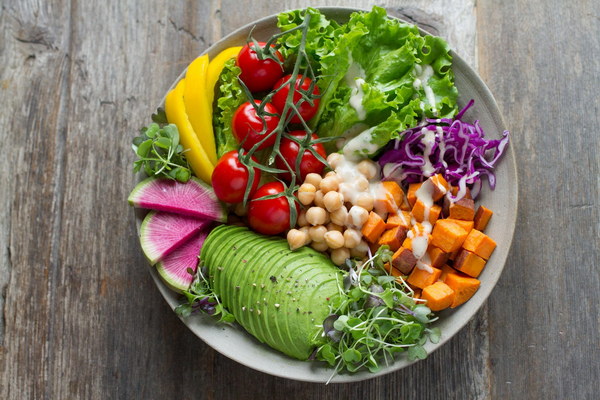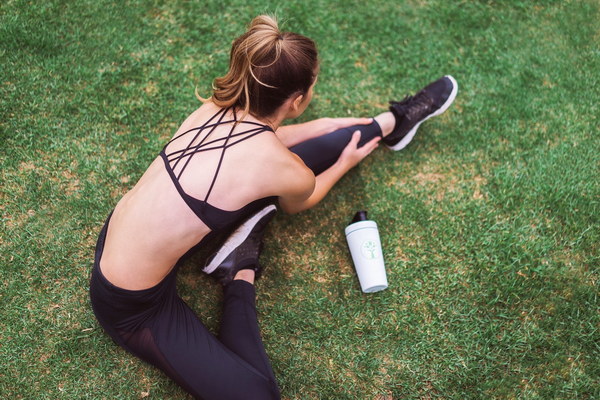The Ultimate Showdown Which is Better - Moisture-Relieving Powder or Tea
In the world of traditional Chinese medicine, moisture-relieving products are a staple for those suffering from dampness-related health issues. Two of the most popular options are moisture-relieving powder and moisture-relieving tea. But which one is truly better? Let's dive into the details and weigh the pros and cons of each to help you make an informed decision.
Moisture-Relieving Powder
Moisture-relieving powder is a fine, powdered mixture of various Chinese herbs designed to eliminate dampness from the body. It is typically taken in the form of a capsule or a powder that can be mixed with water.
Pros:
1. Concentrated formula: The powdered herbs are concentrated, which means you get a higher dose of the active ingredients in a single serving.
2. Quick absorption: The powdered form allows for faster absorption into the bloodstream, resulting in quicker relief.
3. Convenient: The capsules are easy to carry and take on-the-go.
4. Customizable: Some moisture-relieving powders come in various formulas, allowing you to choose one tailored to your specific needs.
Cons:
1. Potential side effects: Some individuals may experience gastrointestinal discomfort due to the strong, herbal properties.
2. May require refrigeration: Some moisture-relieving powders need to be stored in the refrigerator to maintain their effectiveness.
3. Taste: The taste of the powder can be quite bitter and may be unappealing to some.
Moisture-Relieving Tea
Moisture-relieving tea is a blend of Chinese herbs that are steeped in hot water to make a soothing, aromatic beverage. It is consumed as a warm drink, typically one to two cups per day.
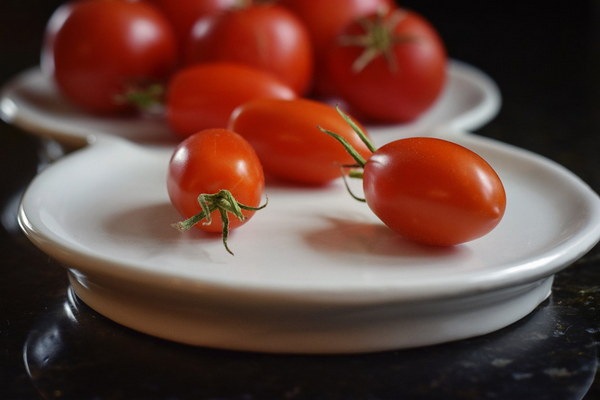
Pros:
1. Natural ingredients: The tea is made from natural, organic herbs, making it a more natural option for those seeking an alternative to synthetic medications.
2. Gentle on the stomach: Tea is generally easier on the stomach than the powdered form, as it is not as concentrated.
3. Hydration: The warm liquid can help increase hydration levels, which is beneficial for overall health.
4. Relaxing experience: Sipping on a warm, soothing tea can be a relaxing and enjoyable experience.
Cons:
1. Lower concentration of active ingredients: The concentration of active ingredients in the tea is lower than in the powdered form, which means it may take longer to see results.
2. Less convenient: The tea needs to be brewed, which can be time-consuming and less convenient for some individuals.
3. Flavor: Some may find the taste of the tea to be unappealing, especially if they are not accustomed to herbal flavors.
Conclusion
Ultimately, the choice between moisture-relieving powder and tea depends on your personal preferences and specific needs. If you prefer a quick and concentrated dose, and are not sensitive to the taste, moisture-relieving powder might be the better option. On the other hand, if you prefer a more natural approach, are looking for a gentle option, or enjoy the relaxing experience of brewing and sipping tea, moisture-relieving tea could be the way to go.
Remember, it is always best to consult with a healthcare professional or a traditional Chinese medicine practitioner before starting any new treatment, as they can provide personalized advice based on your individual health condition and needs.
